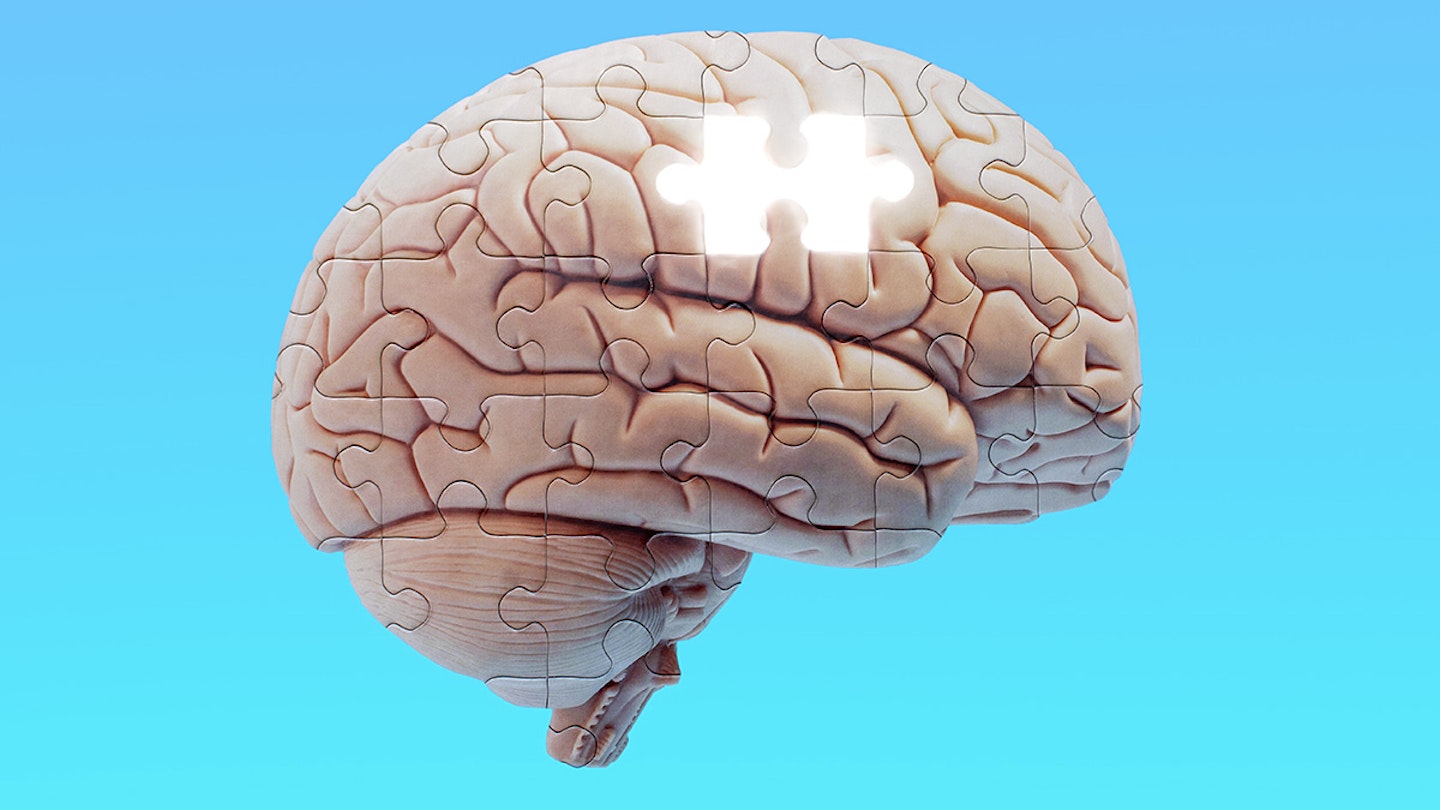One in 14 people over the age of 65 have dementia, and the condition affects 1 in 6 people over 80. There will be one million people living with dementia by 2025. That's why events such as Dementia Action Week (17 – 23 May 2021) are so important.
What is Dementia Action Week?
Led by the Alzheimer’s Society, the UK's leading dementia charity, Dementia Action Week is a national, annual event that sees the public coming together to take action to improve the lives of people affected by dementia.
The term 'dementia' is used to describe the symptoms that occur when the brain is affected by specific diseases and conditions. Symptoms of dementia include loss of memory, confusion and problems with speech and understanding.
By raising awareness about dementia, through various events across the UK, it is hoped more people will be diagnosed earlier, giving more time for them to come to terms with future symptoms.
What's the theme this year?
This Dementia Action Week, Alzheimer’s Society is calling on the Government to cure the care system to improve the lives of people affected by dementia.
In the UK, nearly 1 million people with dementia and their families are struggling to get the support and care that they need and deserve.
Decades of underfunding and neglect have led to a care system that’s difficult to access, costly, inadequate and deeply unfair. The coronavirus pandemic has exposed these problems like never before.
Until things change, a dementia diagnosis will continue to claim more than one life, as families facing dementia feel its destructive effects.
But with the right support people with dementia and their families can live a good quality of life, doing what matters most to them for as long as possible.
#CureTheCareSystem
While dementia isn’t curable yet, the care system is.
The Alzheimer’s Society is calling on the Government to cure the care system now by committing to:
• Publication of a clear, budgeted, plan with milestones, with reform underway this year
• Ensuring their reforms consider not just funding, but also improving the quality of care that people receive.
What does the blue flower badge represent?

The flower is a forget-me-not, a small blue flower that represents remembrance and is long-associated with dementia.
People with dementia may experience memory loss, among other symptoms. This makes the forget-me-not the perfect flower to represent dementia awareness.
